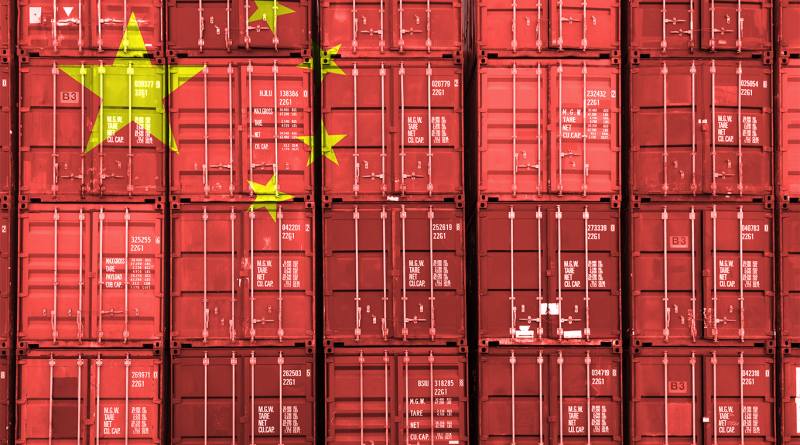China Ready to Escalate Trade War With Fresh Countermeasures
Subscribe to our free newsletter today to keep up-to-date with the latest manufacturing news.
The US-China trade war has entered a new phase, marked by heightened tensions and strategic countermeasures from Beijing. As the United States continues to impose tariffs and economic restrictions on Chinese goods and companies, China is expected to respond with a mix of retaliatory tariffs and targeted regulatory actions. This back-and-forth escalation not only impacts bilateral trade but also has significant implications for global markets and economic stability.
China’s Initial Responses to US Tariffs
China has taken a calculated approach in responding to US-imposed tariffs. One of its primary strategies has been imposing reciprocal tariffs on US goods, with a particular focus on industries that could create political pressure on the US Government.
Agricultural products, especially soybeans, have been a central target of China’s countermeasures. The US exports billions of dollars worth of agricultural goods to China, making it a significant sector vulnerable to trade restrictions. By imposing tariffs ranging from 10% to 15% on products such as soybeans, corn, and pork, Beijing has directly impacted American farmers, many of whom reside in politically crucial states.
Beyond tariffs, China has employed regulatory and administrative measures to slow or restrict US imports. This includes heightened scrutiny at customs, increased sanitary inspections on US food products, and delaying approvals for American companies operating in China.
Another key response from China is diversifying its supply chains to reduce dependency on US goods. The country has been ramping up trade agreements with alternative suppliers, such as Brazil and Argentina, for agricultural imports.
Potential Escalation Strategies by China
If trade tensions persist or worsen, China has several escalation strategies at its disposal. These measures could significantly affect US businesses and economic interests, forcing Washington to reconsider its trade policies.
Major US corporations, such as Apple, Tesla, and Boeing, rely heavily on the Chinese market for sales and manufacturing. China could impose stricter regulations, delay licensing approvals, or encourage consumer boycotts to diminish their market position. These tactics have been employed in past trade disputes and can significantly impact corporate revenues.
China has historically used currency devaluation as a tool to counterbalance US tariffs. By weakening the yuan against the US dollar, China can make its exports more competitive while making American goods more expensive in Chinese markets. Although Beijing has exercised caution in this area to avoid financial instability, further escalation in the trade war could push policymakers to consider this option.
China dominates the global supply of rare earth metals, which are essential for the production of electronics, electric vehicles, and military equipment. By limiting exports of these materials, China could disrupt US manufacturing and technology industries. This strategy was previously hinted at during past trade disputes and remains a powerful leverage point.
Impact on Global Markets and Economies
Multinational corporations rely on China as a critical manufacturing hub, and restrictions on trade impact supply chain efficiency worldwide. Companies are increasingly looking for alternative production centers, such as Vietnam, India, and Mexico, to mitigate risks. However, shifting supply chains is costly and time-consuming, leading to price increases for consumers and potential production delays.
The uncertainty surrounding trade policies has caused significant volatility in global stock markets. Investor confidence fluctuates with each new round of tariffs and retaliatory measures, leading to sharp declines in stock prices. This volatility affects businesses, pension funds, and overall economic stability, making financial markets highly sensitive to trade developments.
Prolonged trade tensions can lead to economic slowdowns in both the US and China. Reduced trade volumes, decreased foreign investments, and sluggish industrial production contribute to GDP contractions. Businesses facing higher costs from tariffs may reduce hiring or delay expansion plans, further dampening economic growth.
If neither side is willing to make significant concessions, the trade war could persist indefinitely, leading to prolonged economic uncertainty. The future of US-China trade relations remains uncertain, but the strategies employed by both nations will shape the global economy for years to come.
